
May is Mental Health Month, dedicated to prioritizing our well-being and promoting open conversations about mental health. At the University of Connecticut, we recognize the importance of mental health and its impact on our personal and professional lives.
In today’s world, where mental health challenges affect millions, awareness is only the first step. Mental Health Month urges us to go beyond recognition and transform understanding into meaningful action. This year’s theme, “Turn Awareness into Action,” emphasizes the importance of moving from compassion to concrete steps, and from good intentions to real-world impact. Whether through advocacy, education, community involvement, or changes in our personal lives, we all have a role to play in prioritizing mental health for ourselves and others.
It can be overwhelming to navigate the various challenges and shifts happening around us. The fast-paced and constantly evolving nature of modern life—combined with pressures from work, relationships, and broader societal issues like political unrest and economic uncertainty—can have a significant impact on our mental well-being, often in ways we don’t immediately recognize. By acknowledging these realities and committing to active support and care, we can help build a society where mental health is truly valued and protected.
This May:
Take action for your personal mental well-being!
- Set boundaries
- Reach out for support
- Practice Self Care
- Spread awareness of the importance of mental well-being
This is Where To Start
Start Therapy
Before you start therapy, remember to...
Identify your needs.
Think about what challenges you're facing and what you hope to gain from therapy. Common goals include managing stress, improving relationships, healing from trauma or learning coping skills.
Explore your options.
Different types of therapy cater to different needs. A few common Types include CBT, DBT, interpersonal therapy, and trauma-focused therapy. Consider whether in-person or virtual therapy works best for you, too!
Find the right therapist.
Look for a therapist who specializes in your area of concern and matches your preferences (i.e., gender, age, or cultural background).
Prepare for your first session.
Write down key concerns, symptoms, or life challenges you want to discuss. Think about your therapy goals, be know that they may change over time. You can also ask your new therapist about what happens in a typical session, their privacy policies, and how your progress will be measured.
Engage and keep going.
Therapy takes time - try to be patient with the process! Be open and honest with your therapist to get the most out of sessions. Practice skills outside of therapy to reinforce progress. And if it doesn't feel like the right fit, it's okay to try a different therapist.
Building and Setting Boundaries
You're Allowed to Set Boundaries
One way we protect our values is by setting boundaries. It's important to learn how to say "no" firmly without being overly aggressive.
"Why can't you leave me alone?"
Try saying...
"I need some quiet time right now. Let's talk later."
"It's fine."
Try saying...
"I'm not comfortable with that."
"I can't do that."
Try saying...
"I can't take on additional tasks right now, but I'm happy to revisit this later."
Get to Know Your Gut-Brain Connection
Your gut and brain are talking to each other!
The gut - or "second brain" - communicates back and forth with your actual brain. They both have special nerves and chemicals that help control digestion and emotions.
It's true - your gut affect your feelings.
The tiny bacteria in your gut can change how you feel. Stress and sadness can upset your gut, and an unhealthy gut can make you feel more anxious or down.
Take care of your gut!
Eating a balanced diet filled with nutritious foods like fruits, veggies, and lean protein helps keep your gut working well and can positively affect your mood. Don't forget to feed the good bacteria in there plenty of prebiotics and probiotics, too!
Self-Care Reminders
Spend some time in nature today.
Whether it's taking a walk, smelling the flowers, or sitting by a tree, being in nature can make you feel calmer.
Our physical health is linked to our mental health.
Find some time to move your body today in whatever way feels right for you.
Create a "calm space" in your home.
Include things that help you relax, like your favorite blanket or book. Use this space whenever you need time to yourself.
Tips to Nurture Spirit
When you nurture your spirit, it's important to...
Start Small!
Incorporate simple, achievable practices like:
- Five minutes of prayer.
- Guided meditations.
- Writing down things you're grateful for before bed.
- Taking a walk in nature.
Explore and Experiment:
Try out different spiritual practices to see what resonates most with you.
- Attend a meditation or yoga class.
- Go on a nature walk; be mindful of your senses while you take in your surroundings.
- Try something creative, like painting or drawing - no artistic skills required.
Make it a Habit!
Set aside time in your day to focus on your spiritual well-being.
You can try:
- Meditating for five minutes right after your morning coffee or tea.
- Saying a prayer or setting an intention while you're in the shower.
- Reflecting on your day while brushing your teeth before bed.
Find Community!
Supercharge your spiritual growth and connect with like-minded people by:
- Joining a local faith group, place of worship, or spiritual circle.
- Participating in online forums or social media groups focused on spirituality.
- Attending workshops or retreats that align with your interests.
What to do About Burnout
Acknowledge it.
Accept that you're burned out - it's not a sign of weakness to slow down and take care of yourself. Gift yourself credit for what you have been able to do. Everything is an accomplishment - no matter how small.
Set Boundaries.
You're allowed to say "no" or "not right now" to things that don't HAVE to be done. Start setting small, realistic limits for yourself, like taking 15 minutes of quiet time before you answer texts or check social media.
Ask for Support.
Talk to a professional. This could be a therapist or someone from your employer's EAP program. If professional help isn't an option, try talking to a trusted friend - sometimes just venting helps.
Prioritize Self-Care.
Instead of waiting for "free time," build it into your routine. Try drinking your morning coffee or tea without multitasking - even for one minute.
Reevaluate and Adjust.
Identify what's causing your burnout and brainstorm other changes you can make to lighten your load.
Mental Health America Resources
The Employee Assistance Program is fully operational and available to any UConn employee or family member. For 24/7 Assistance, Call 1-800-676-HELP (4357).
Anthem members have access to LiveHealth Online for telehealth services, including behavioral health.
Getting Help Resources for Behavioral Health from CT Clearinghouse, a program of the CT Center for Prevention, Wellness and Recovery
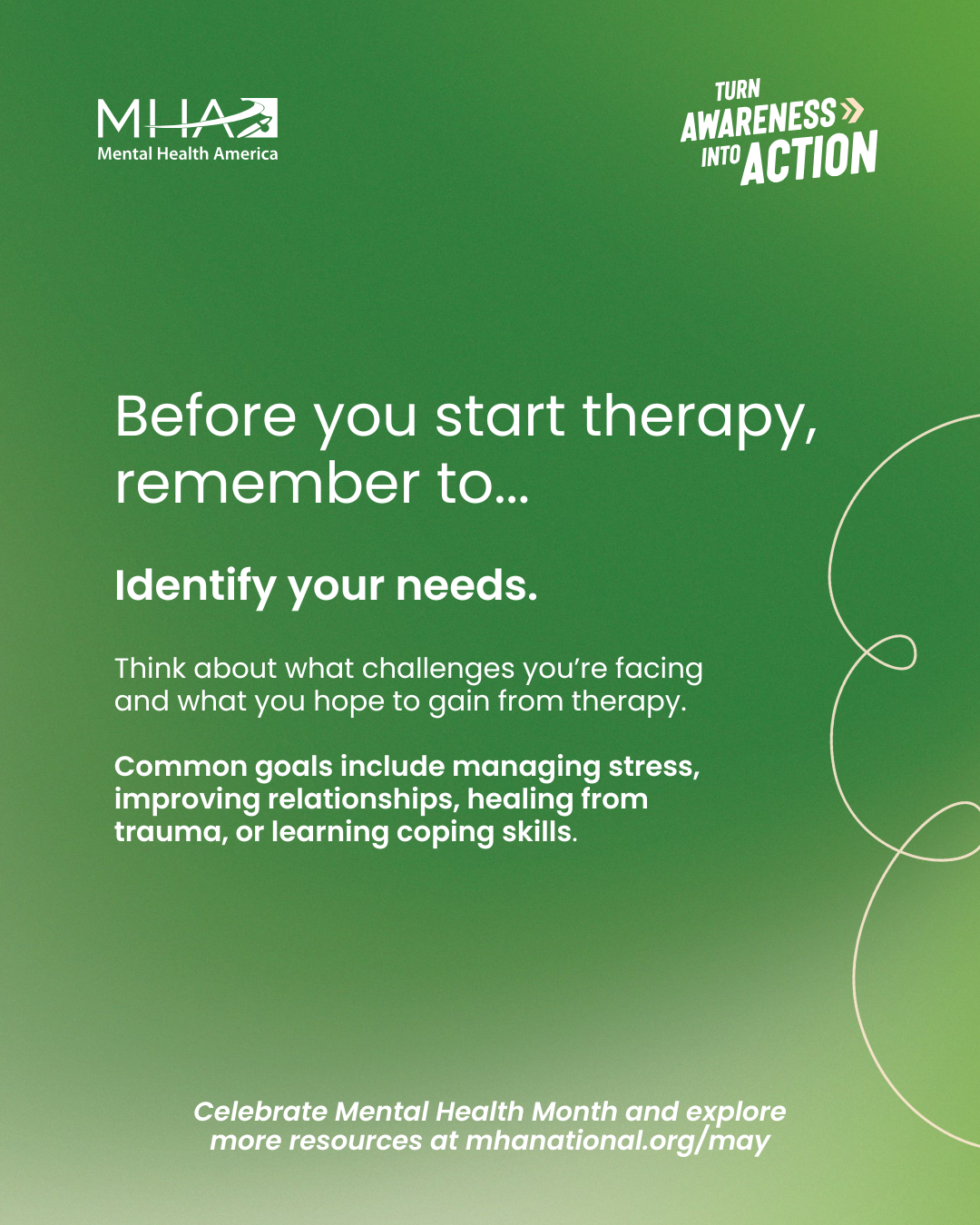 View Larger
View Larger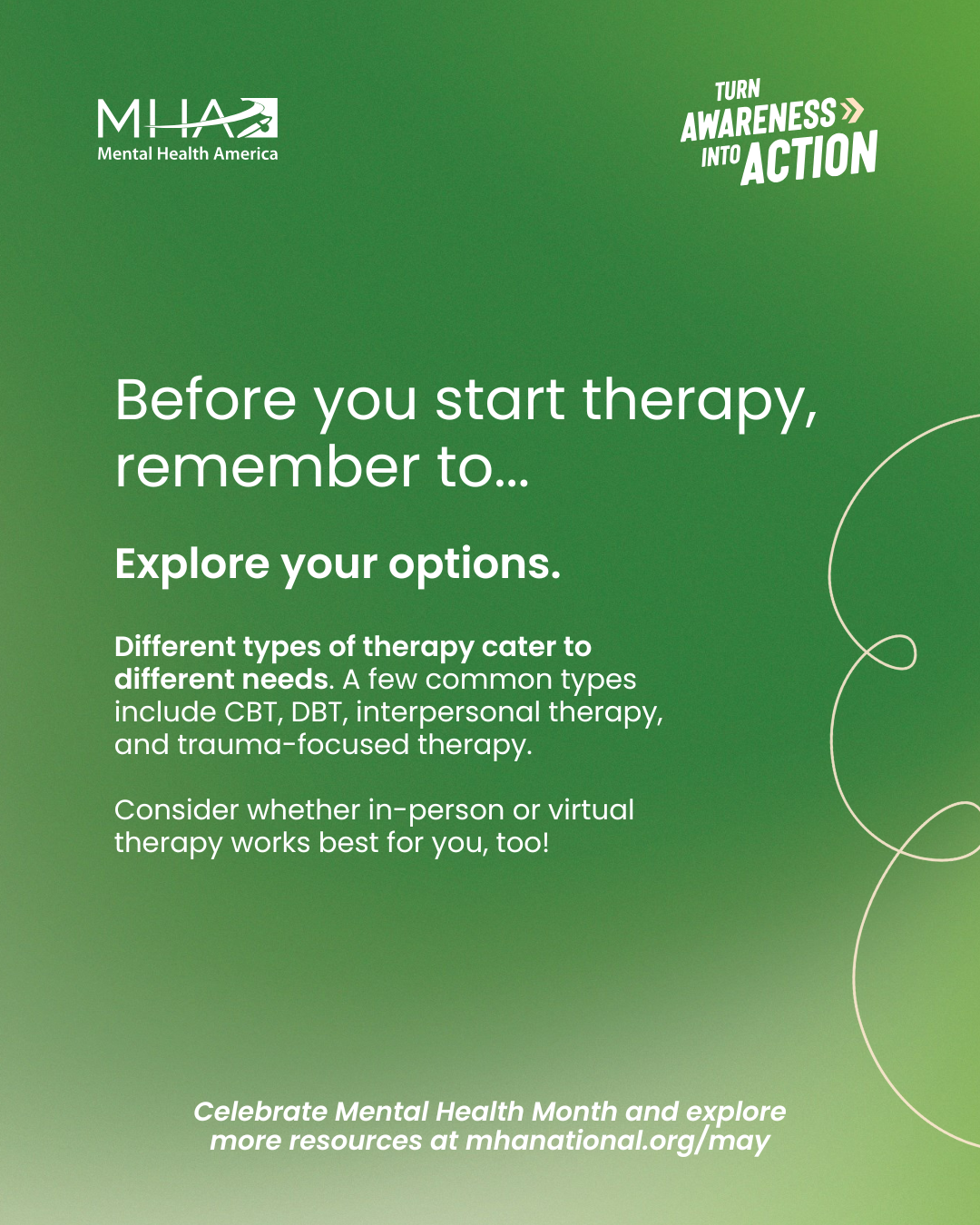 View Larger
View Larger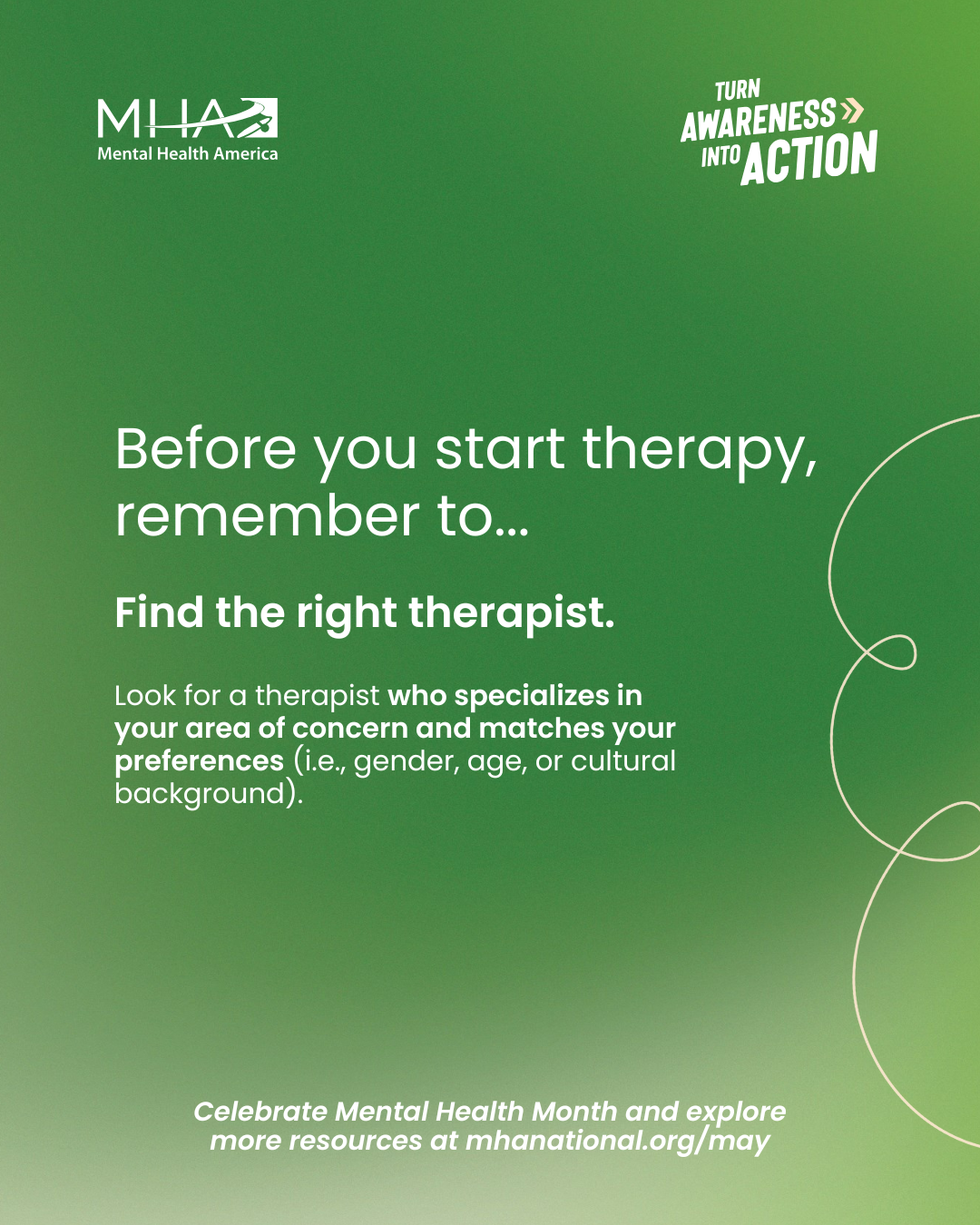 View Larger
View Larger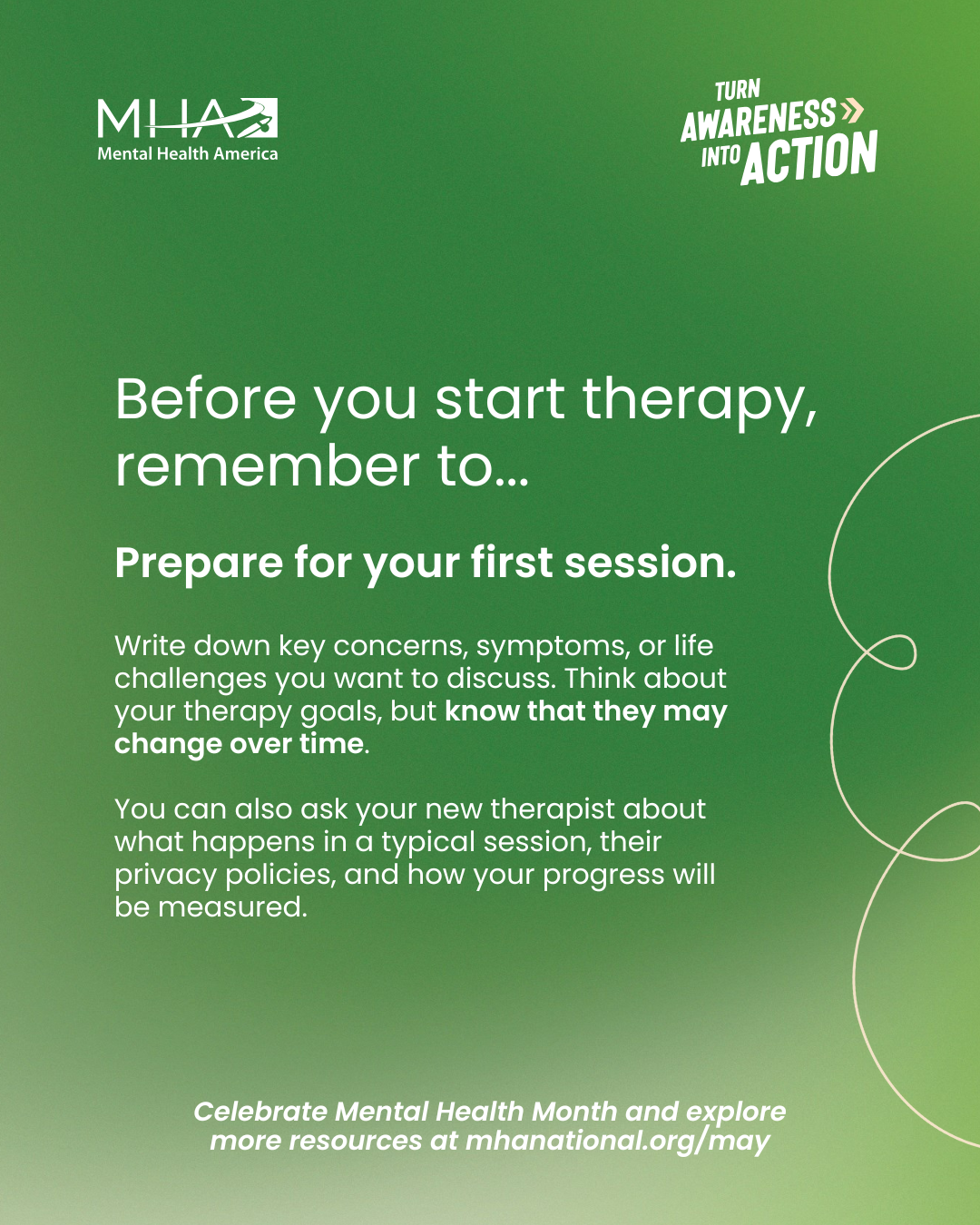 View Larger
View Larger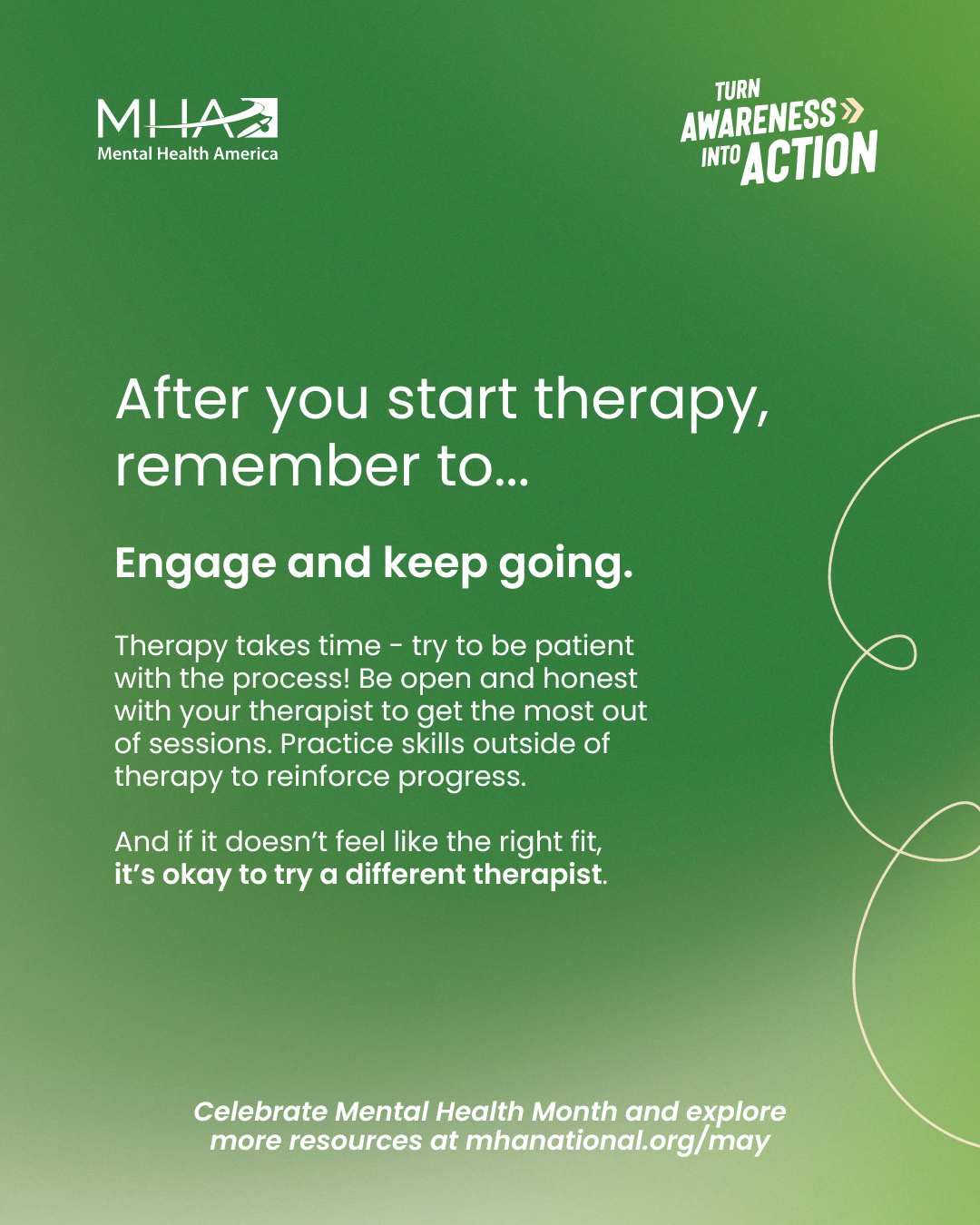 View Larger
View Larger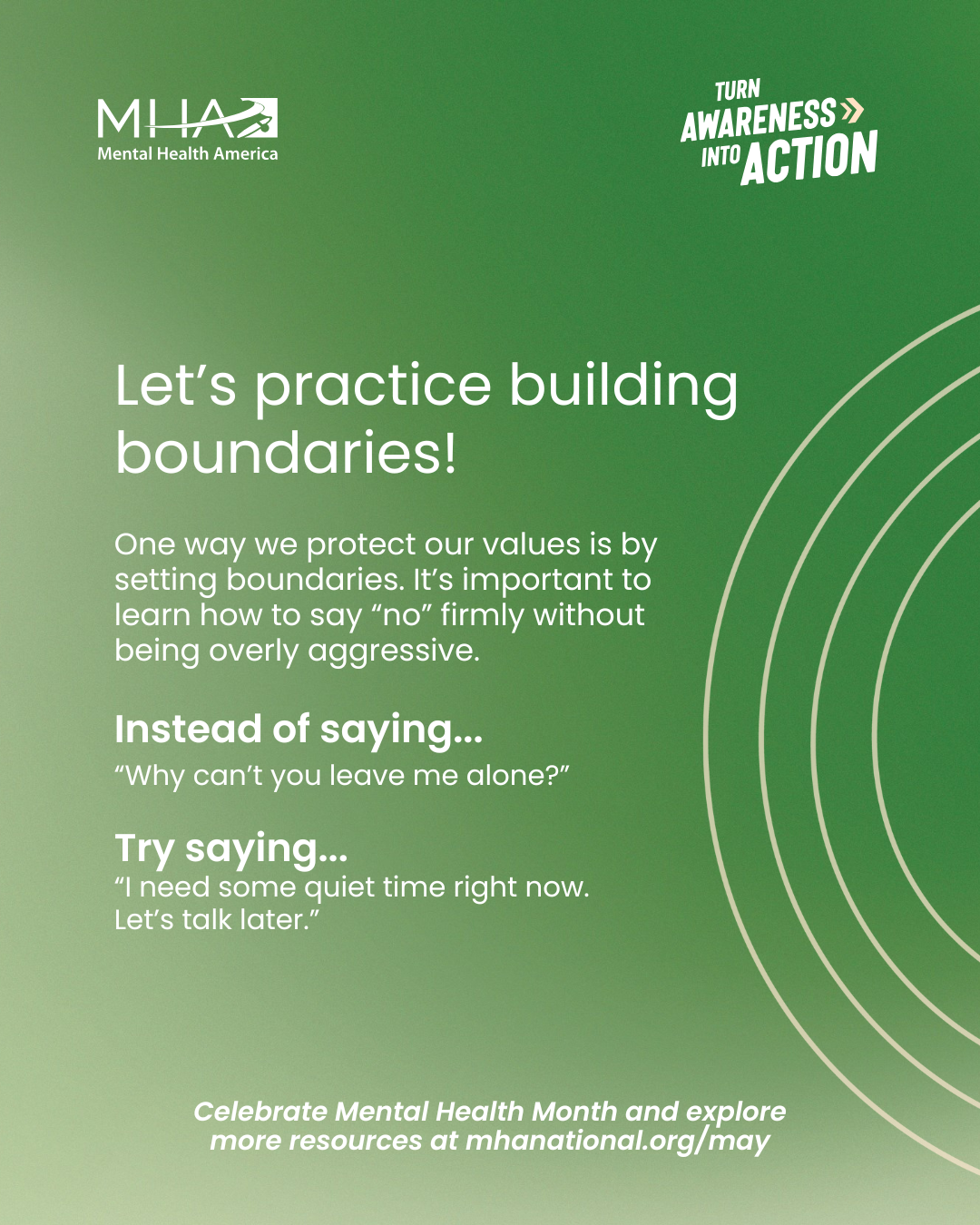 View Larger
View Larger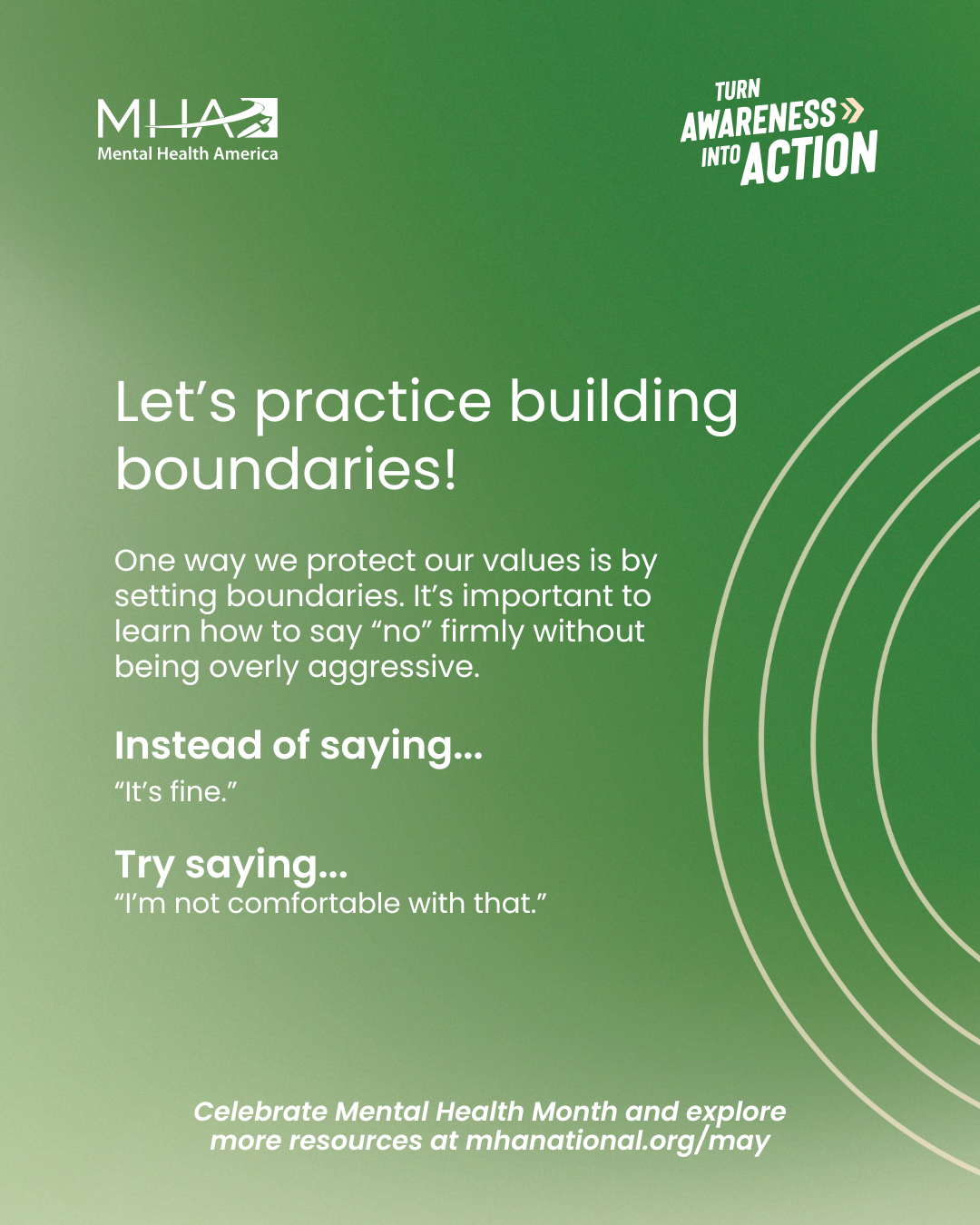 View Larger
View Larger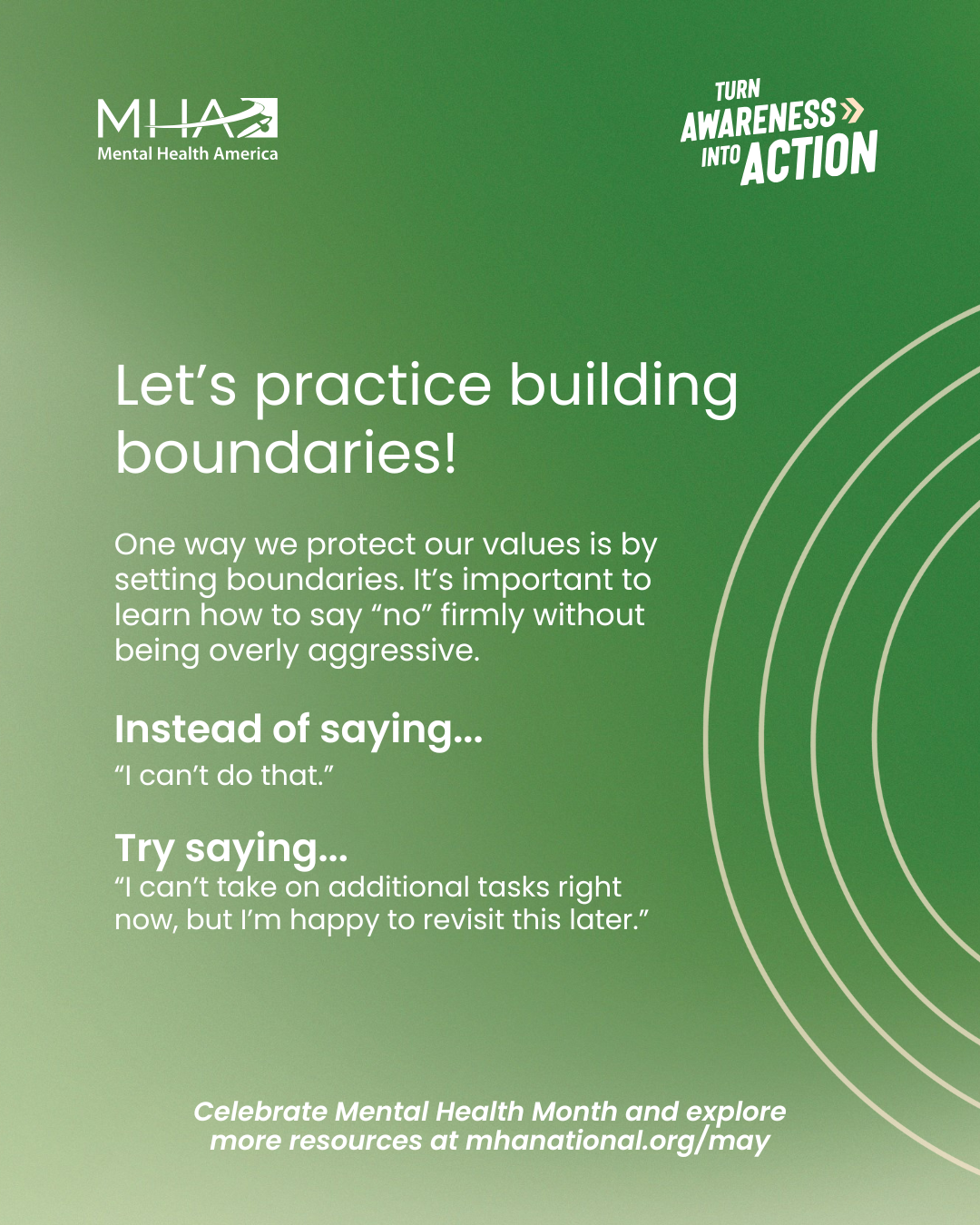 View Larger
View Larger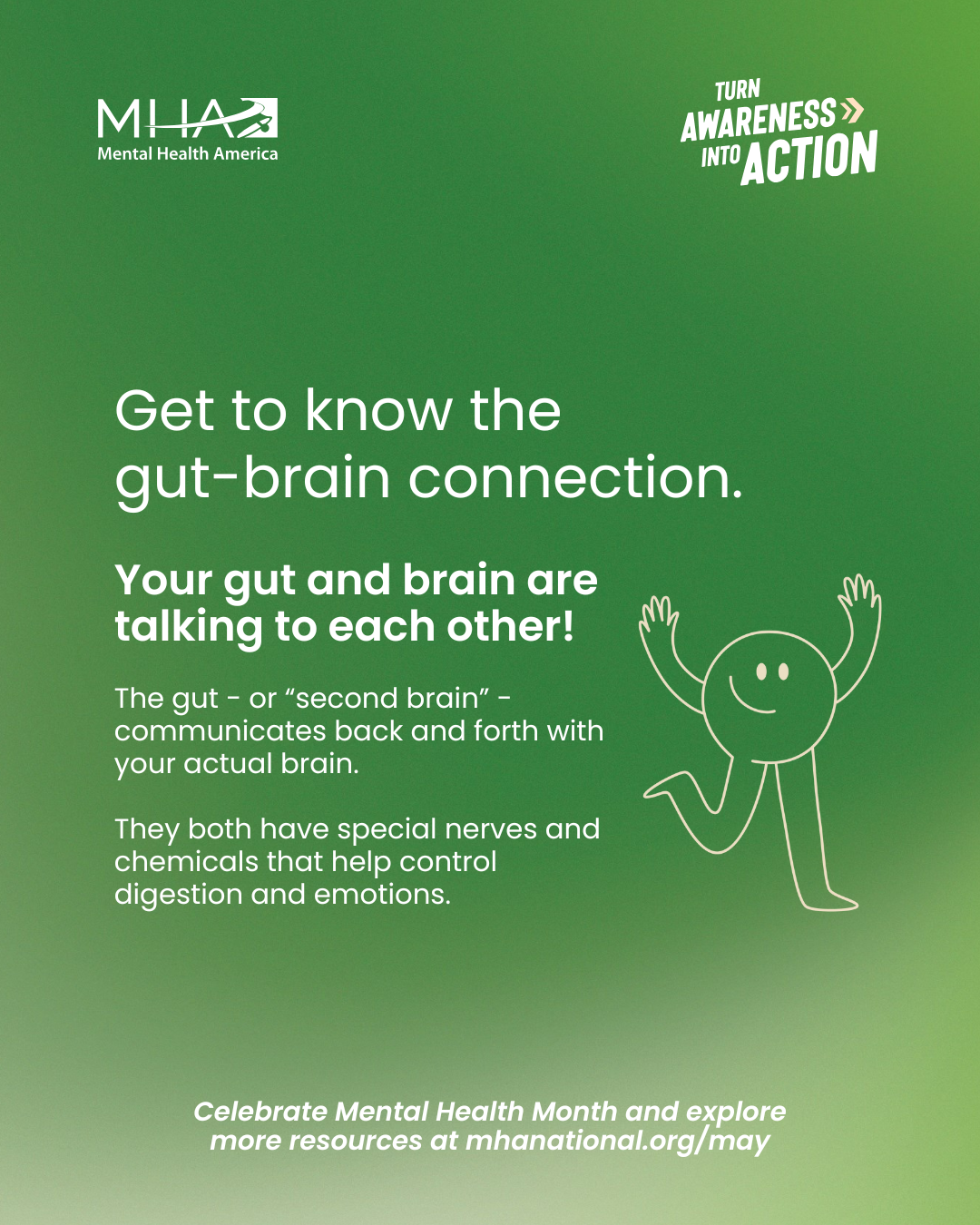 View Larger
View Larger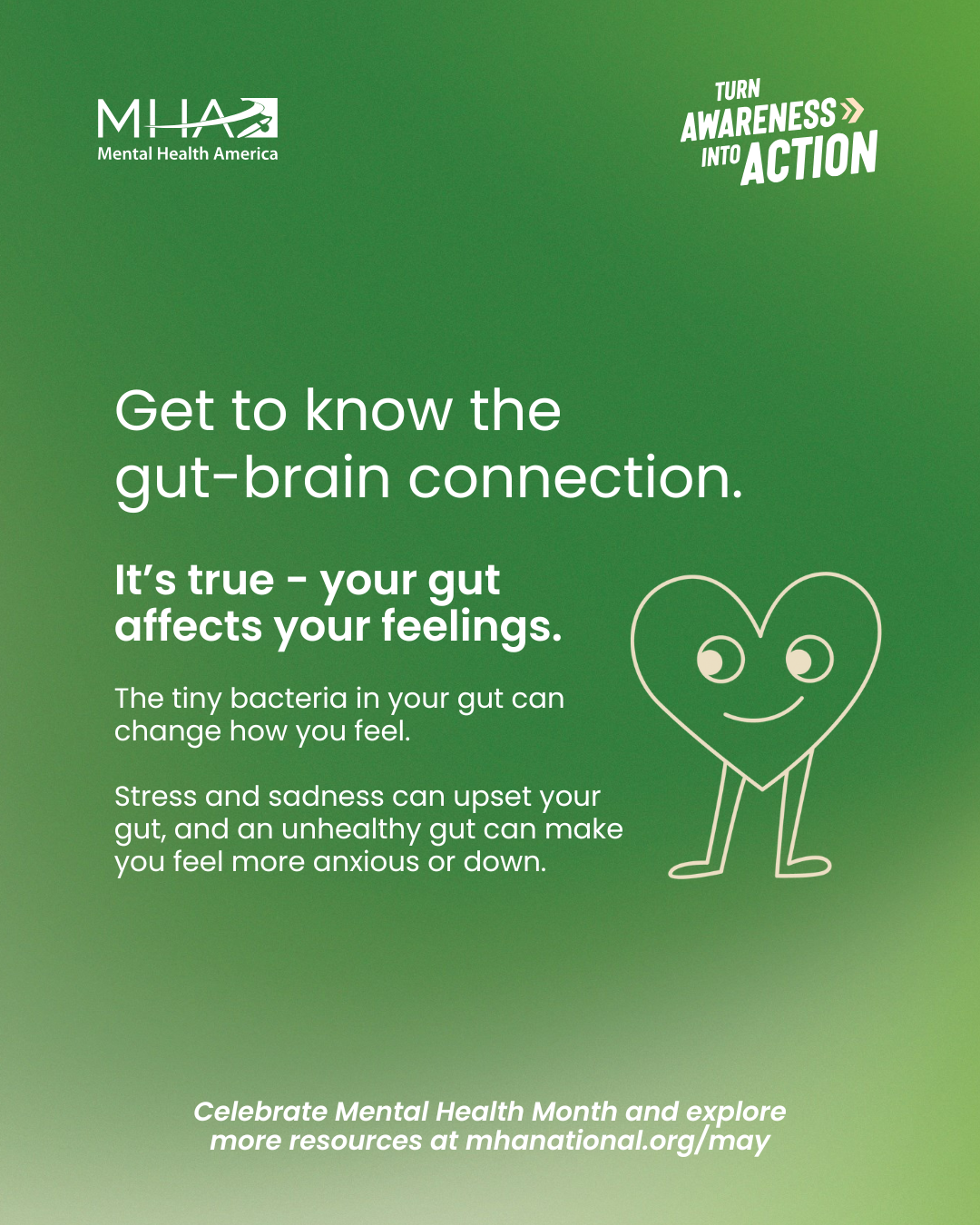 View Larger
View Larger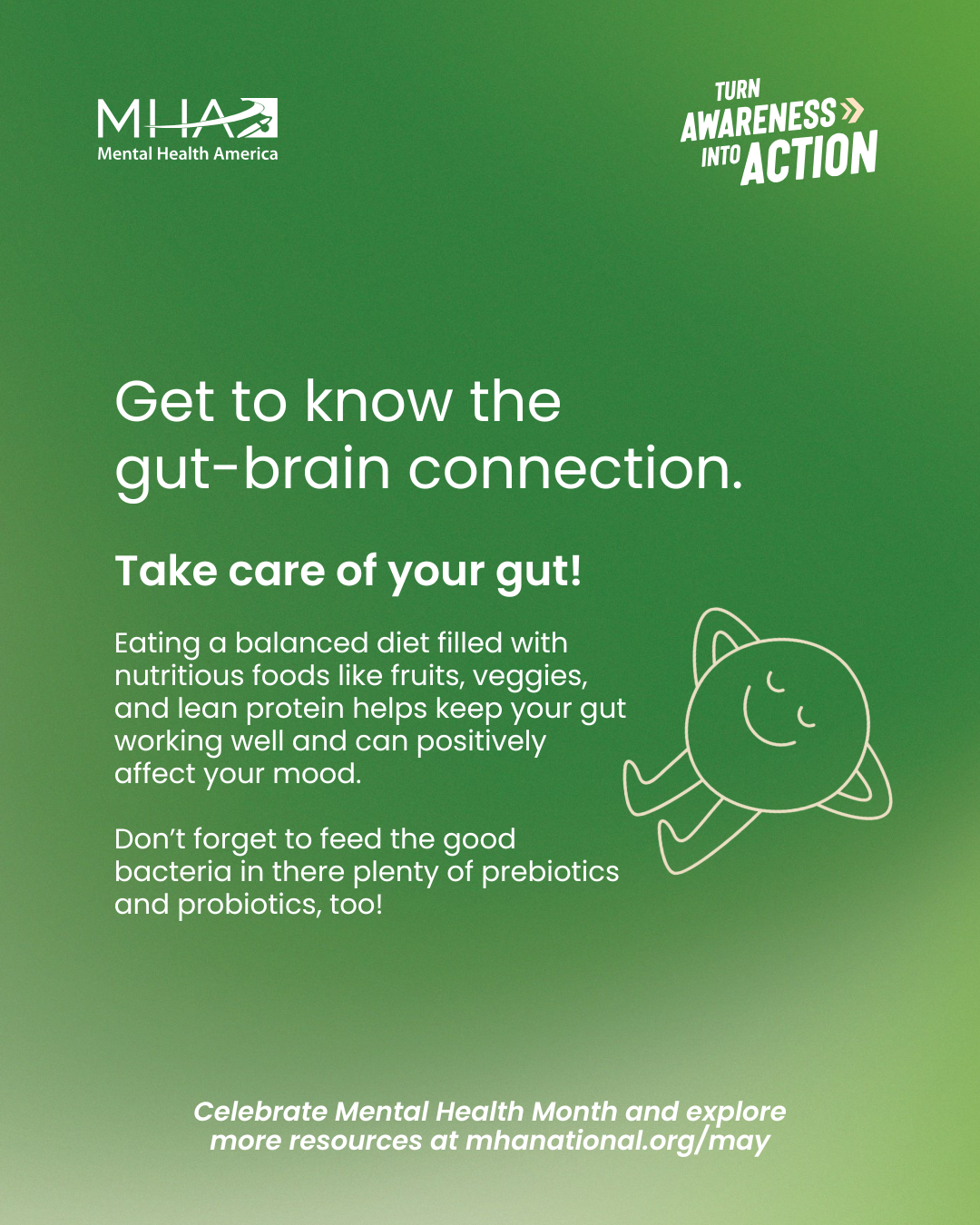 View Larger
View Larger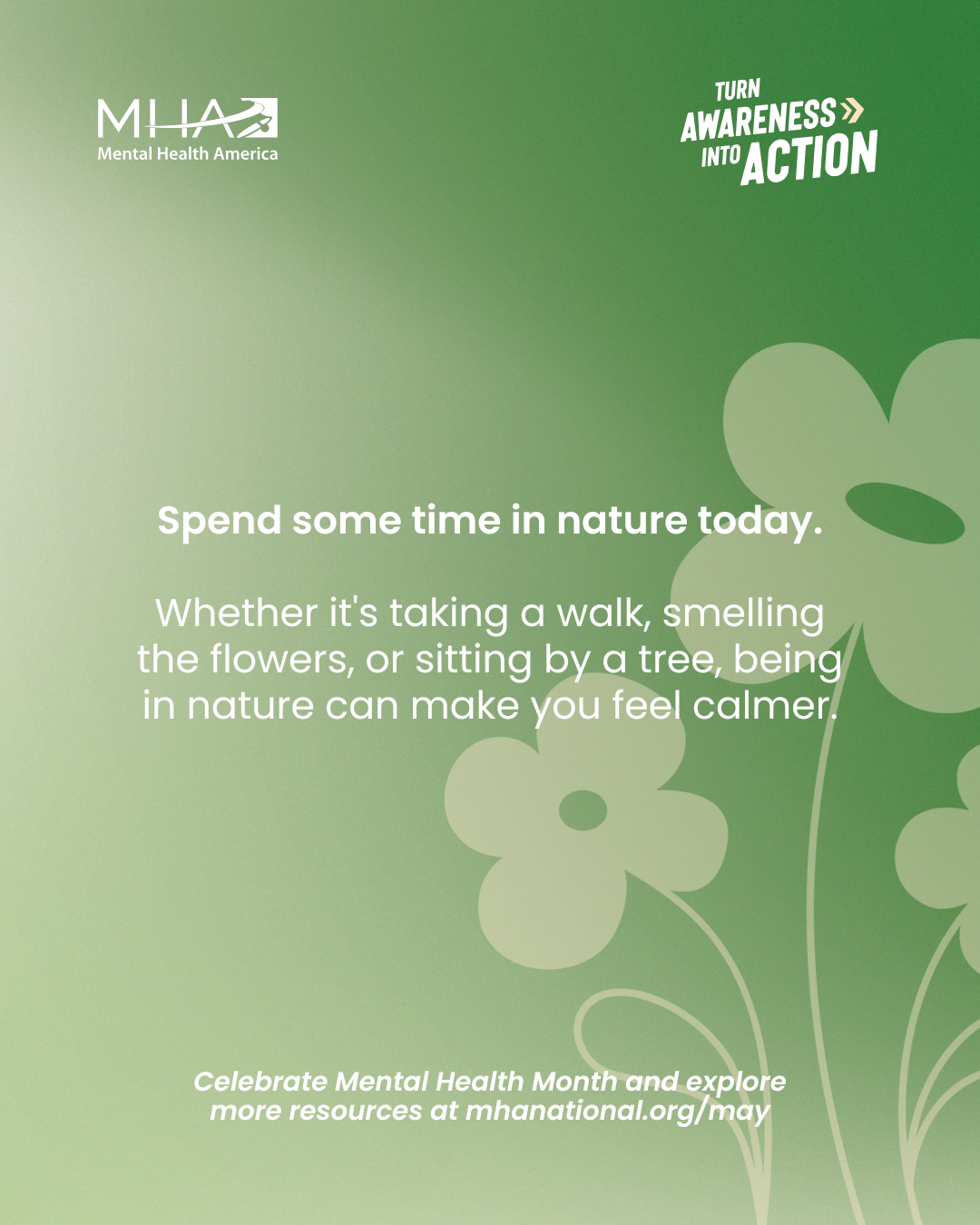
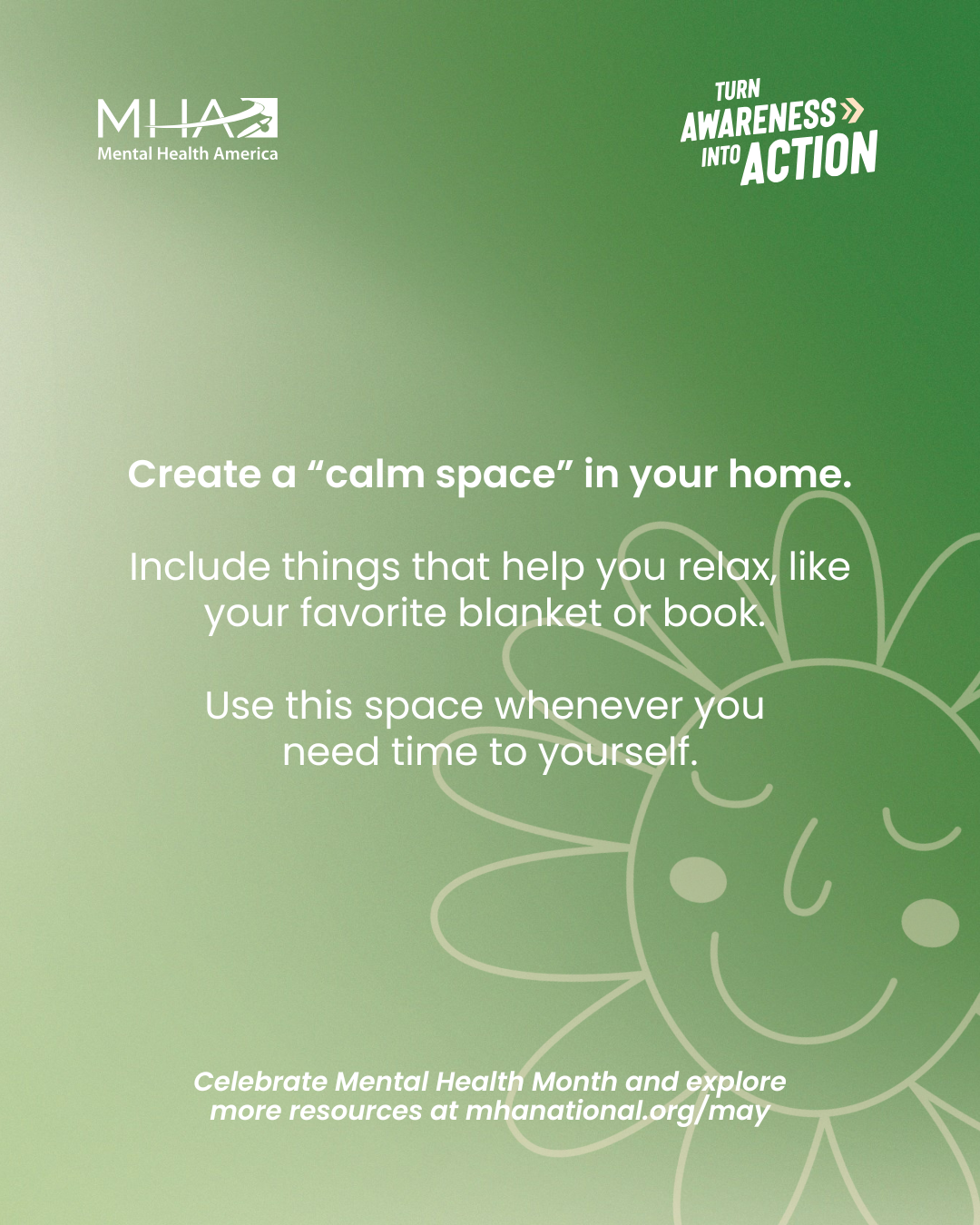
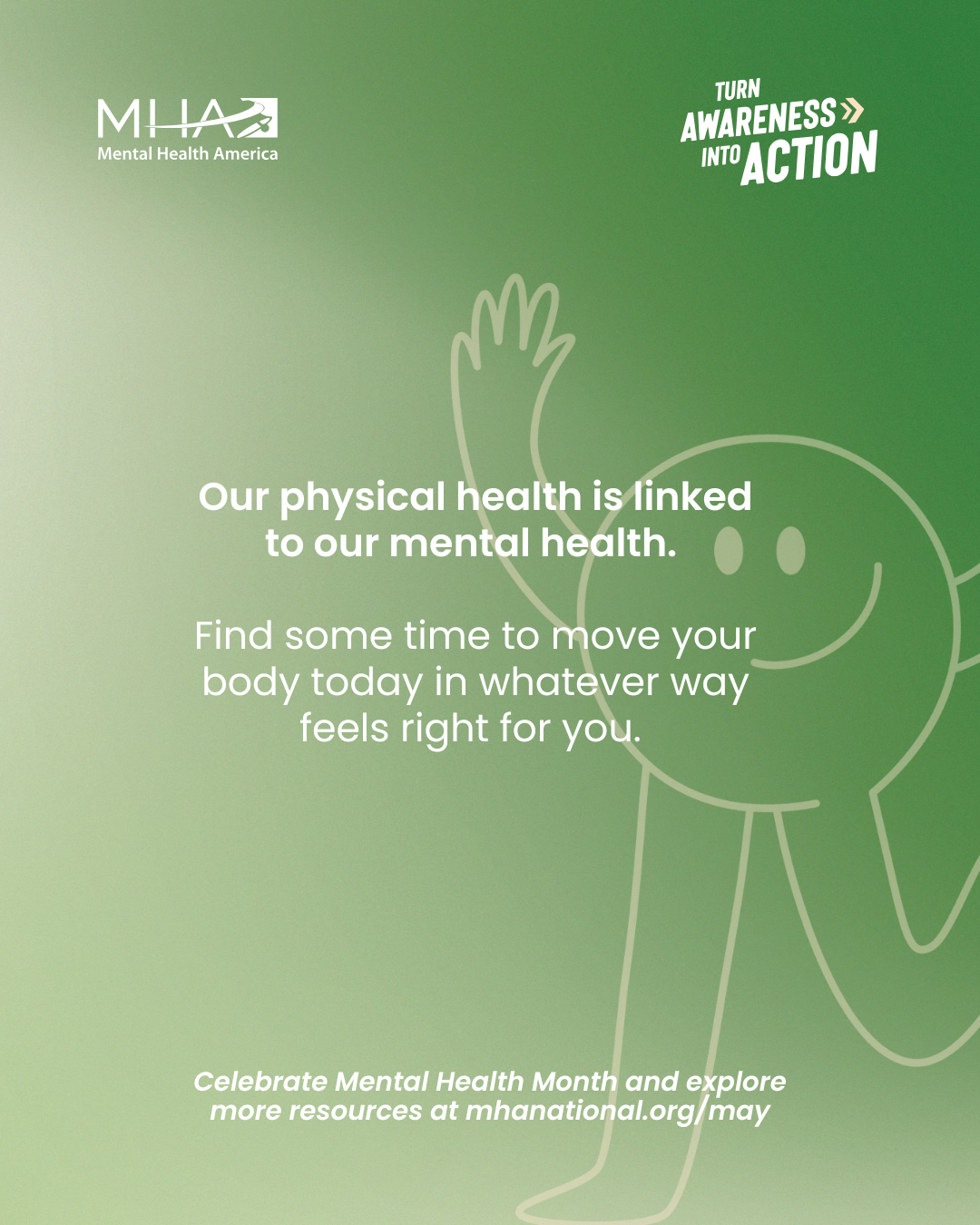
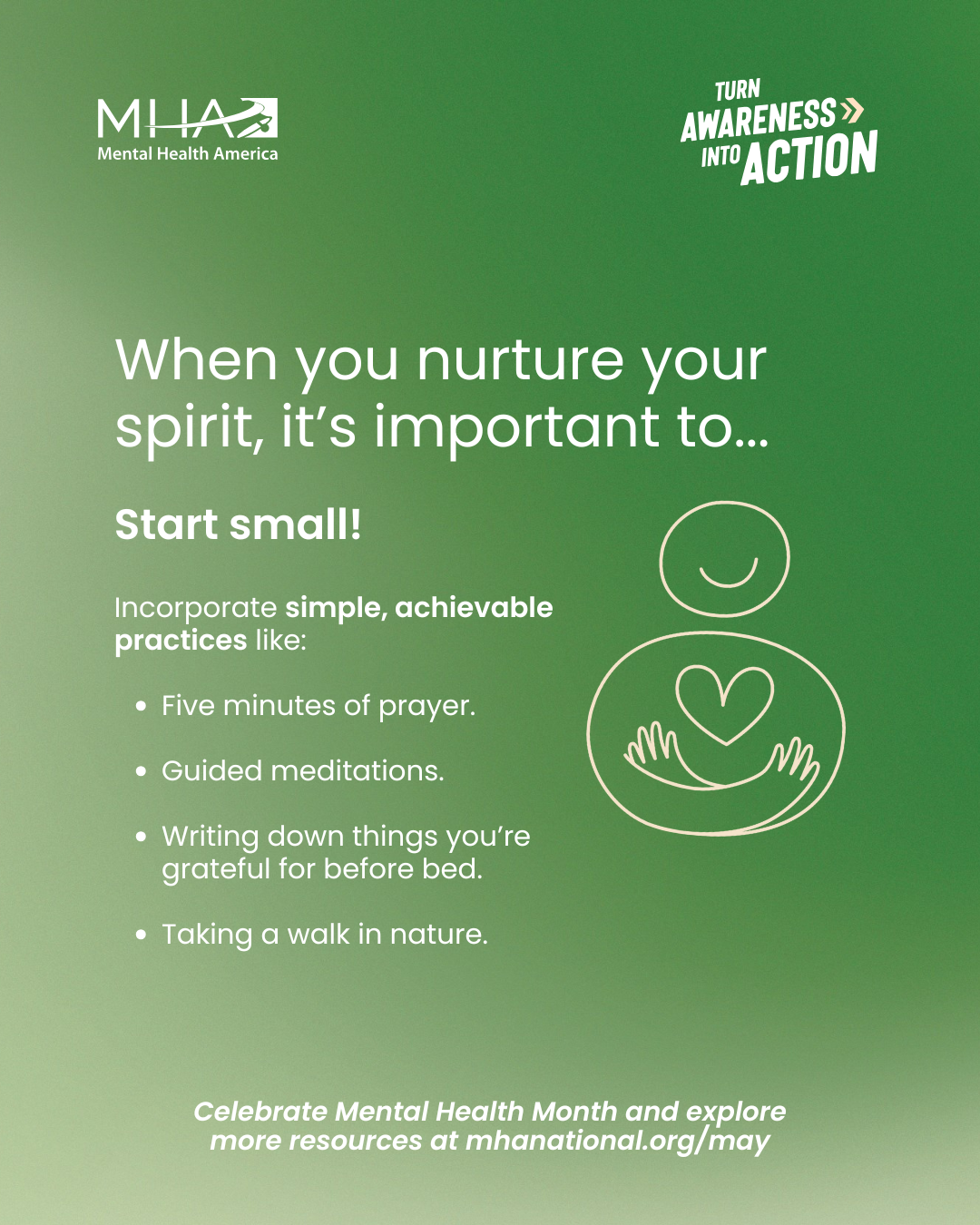
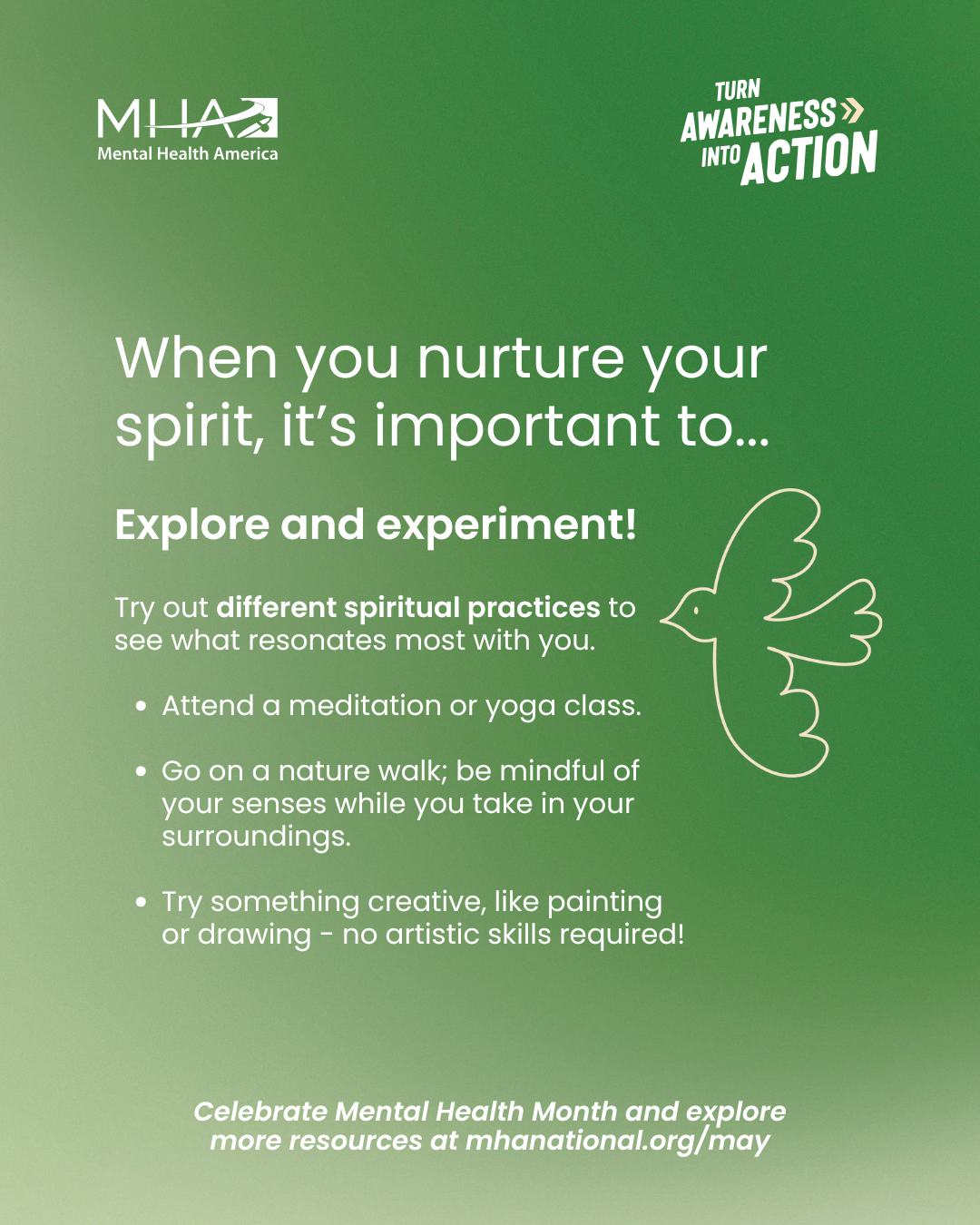
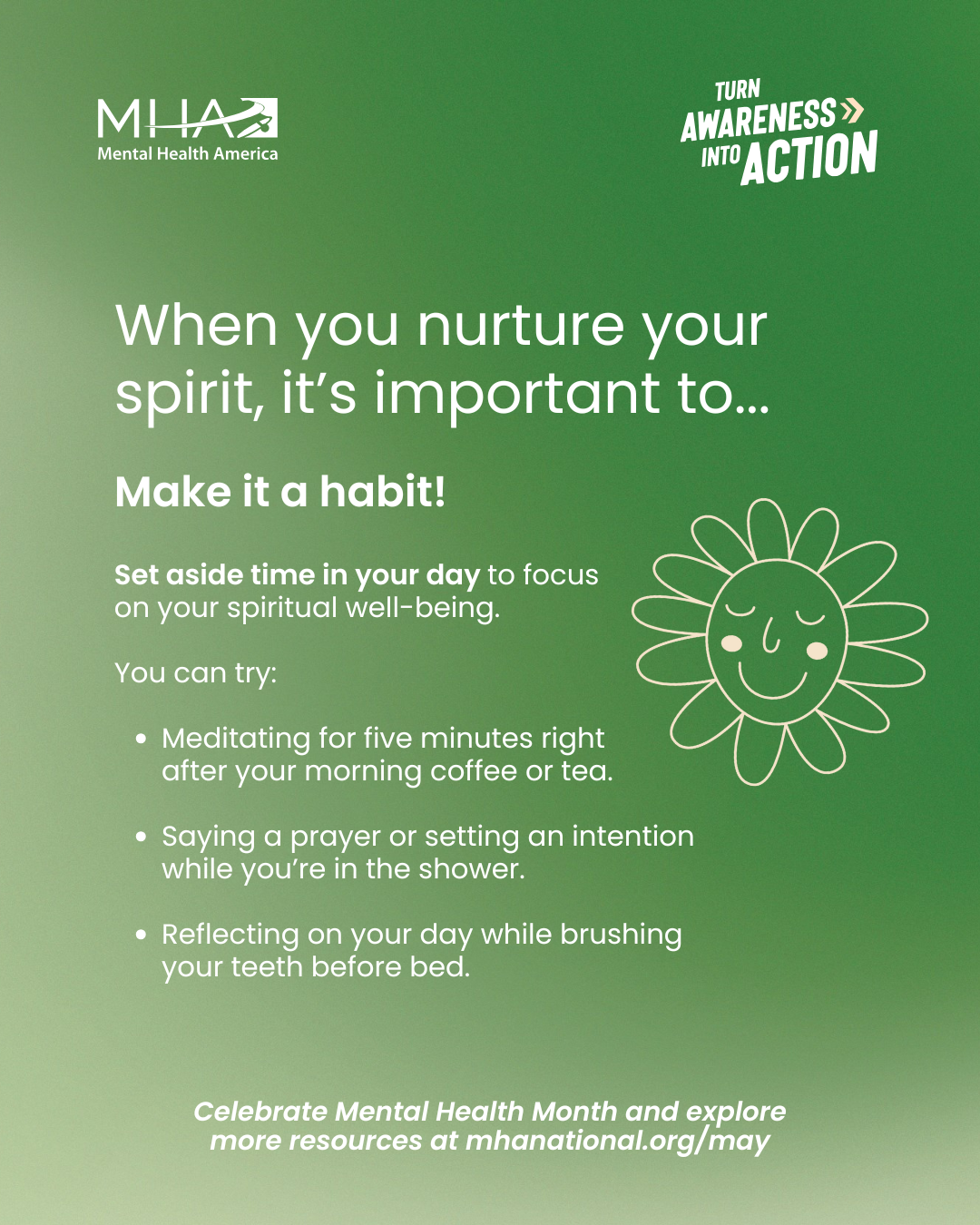
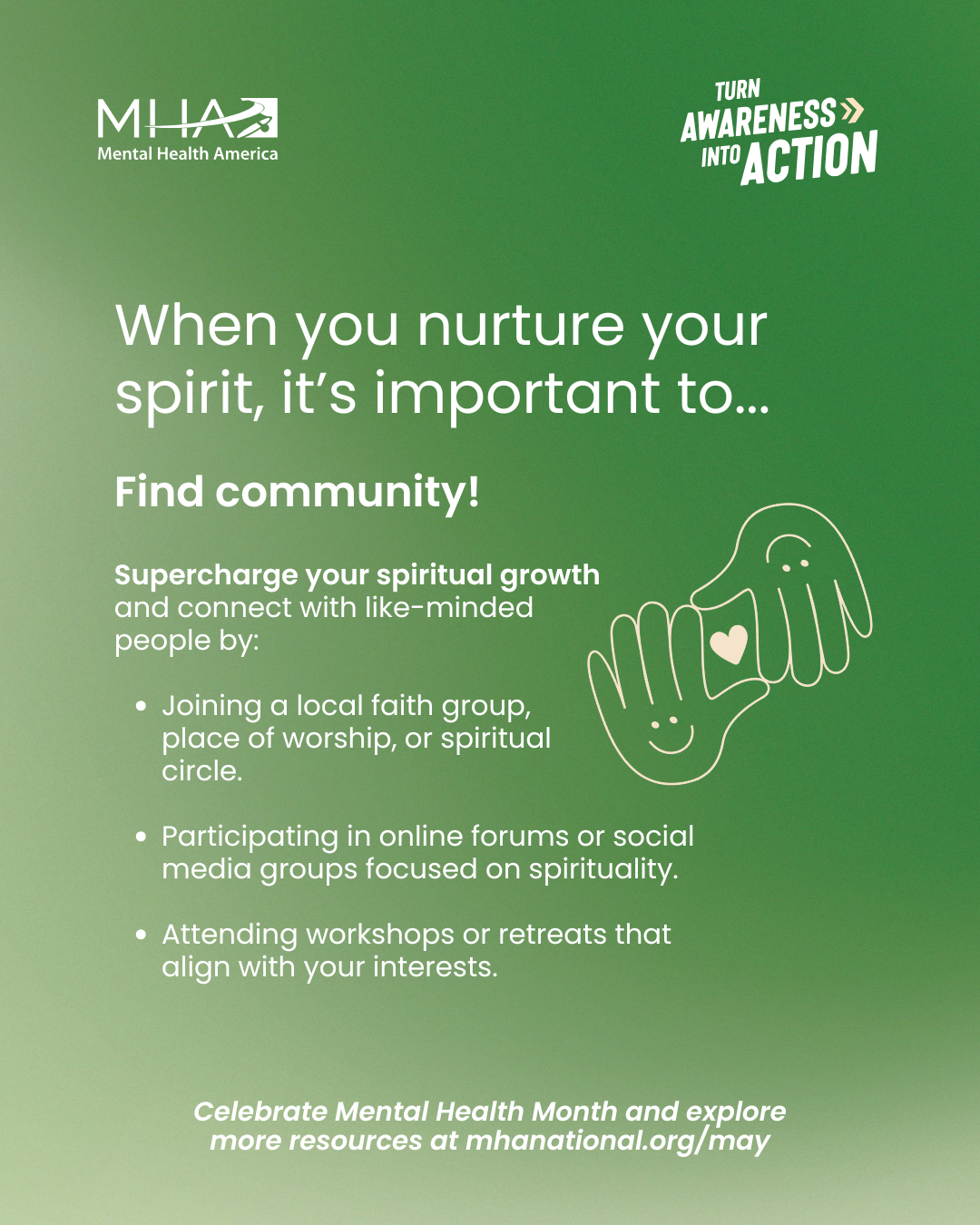
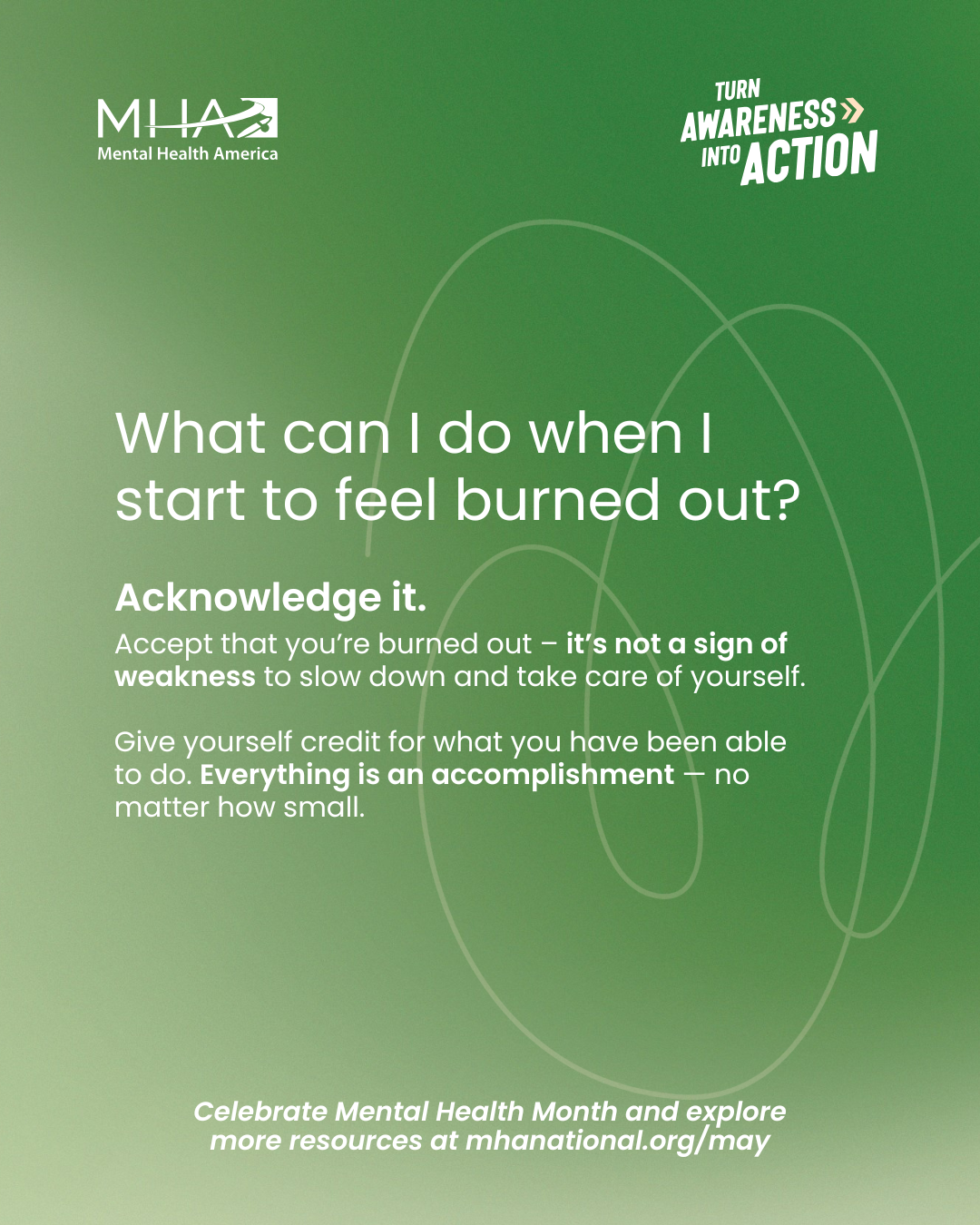 View Larger
View Larger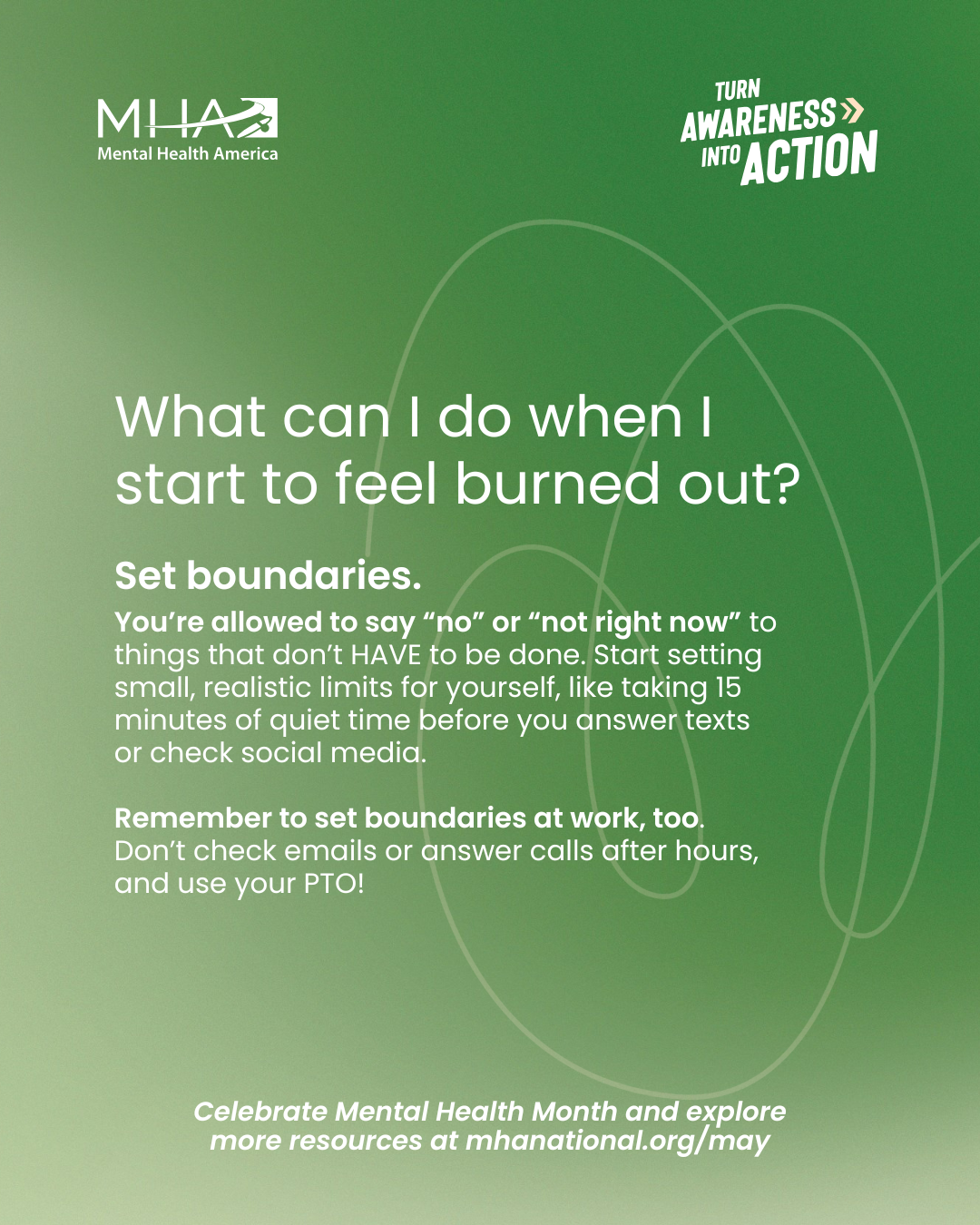
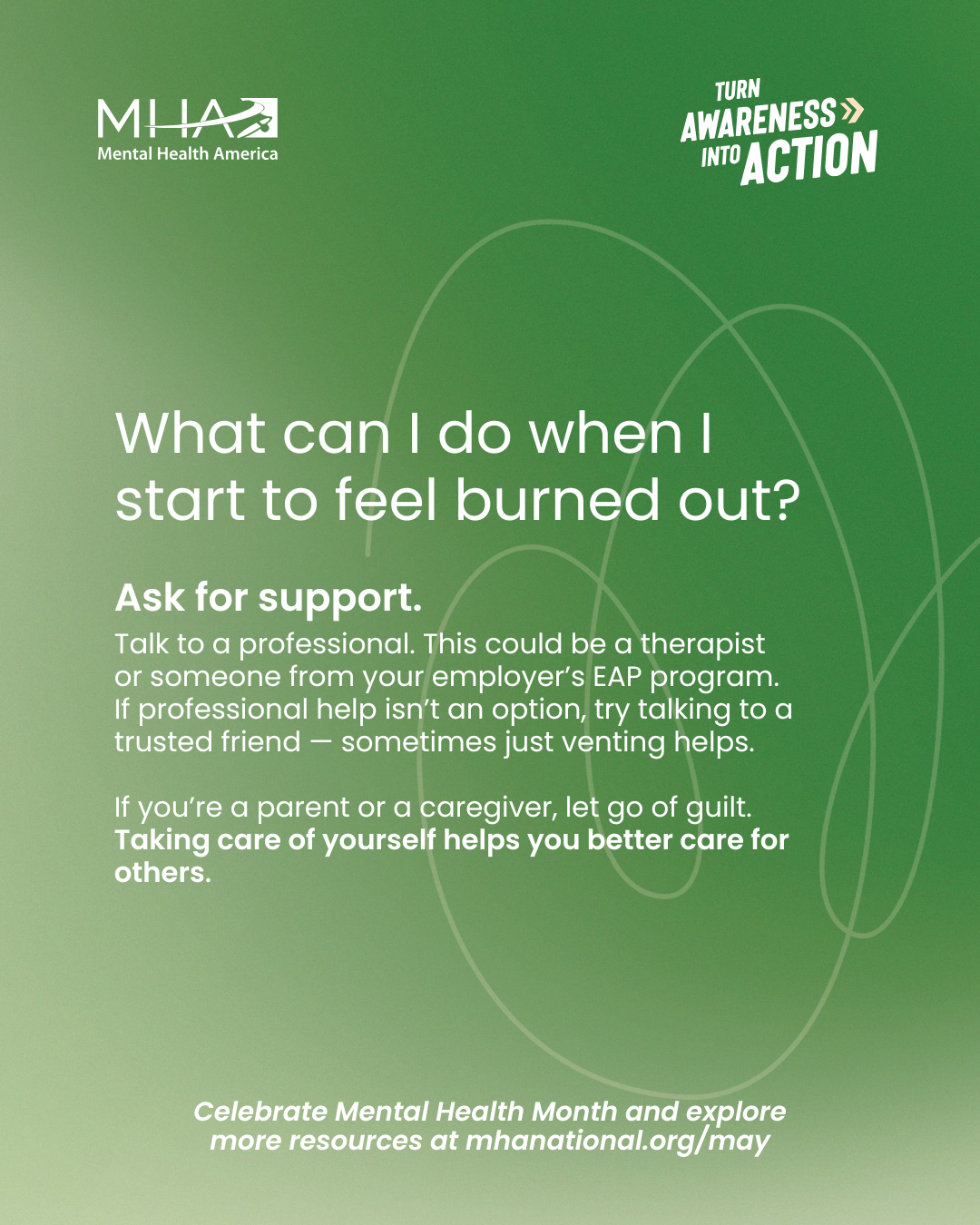
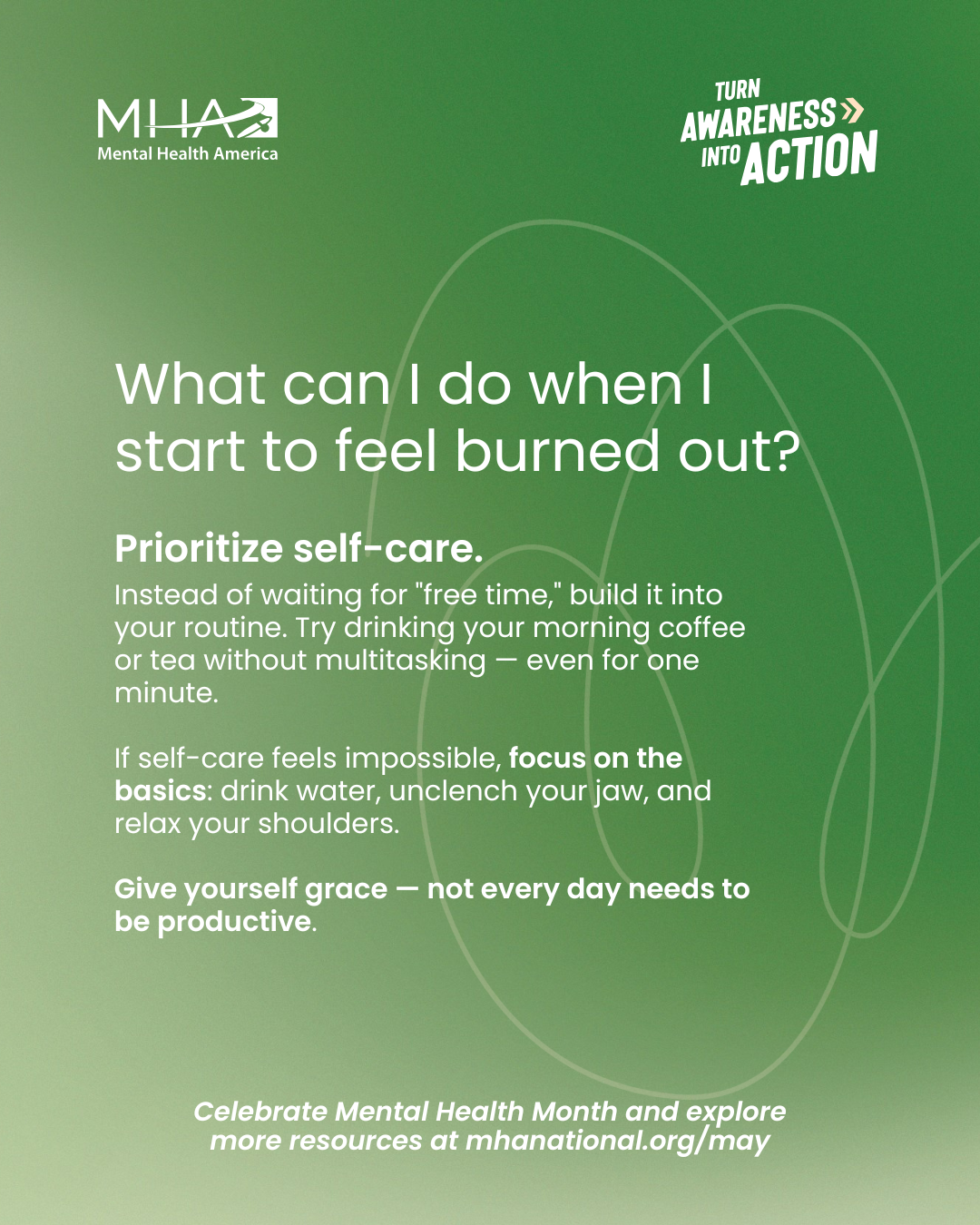 View Larger
View Larger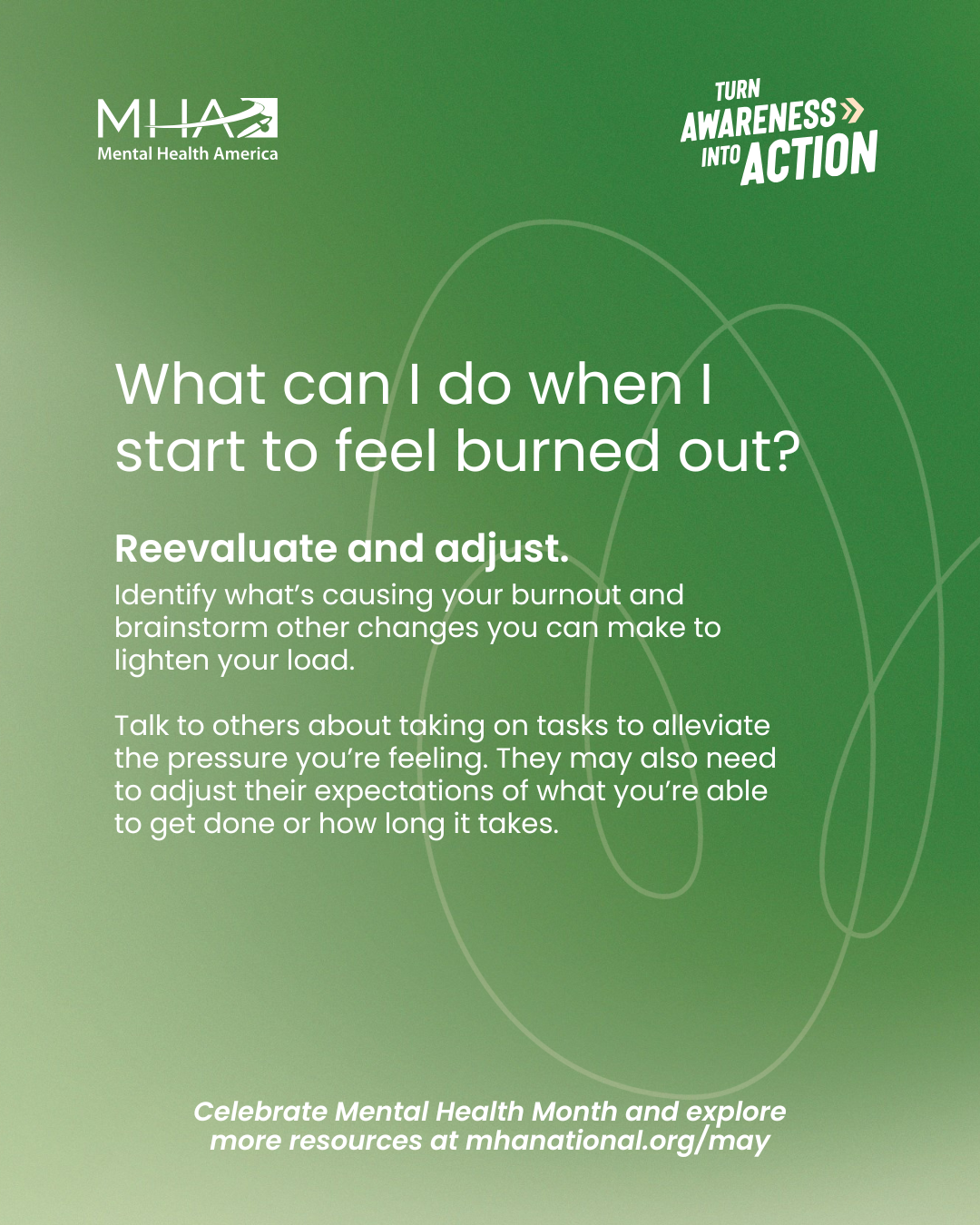 View Larger
View Larger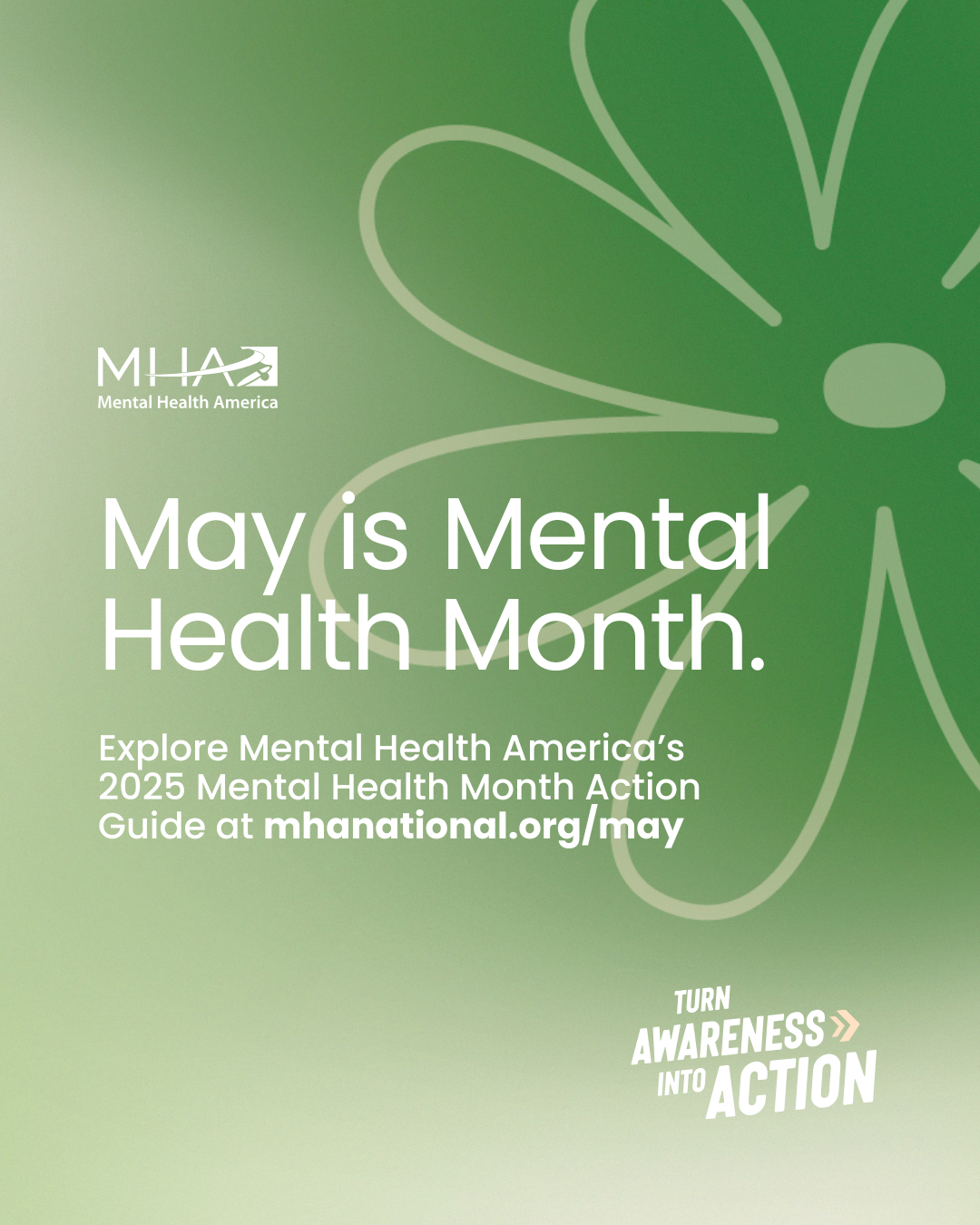
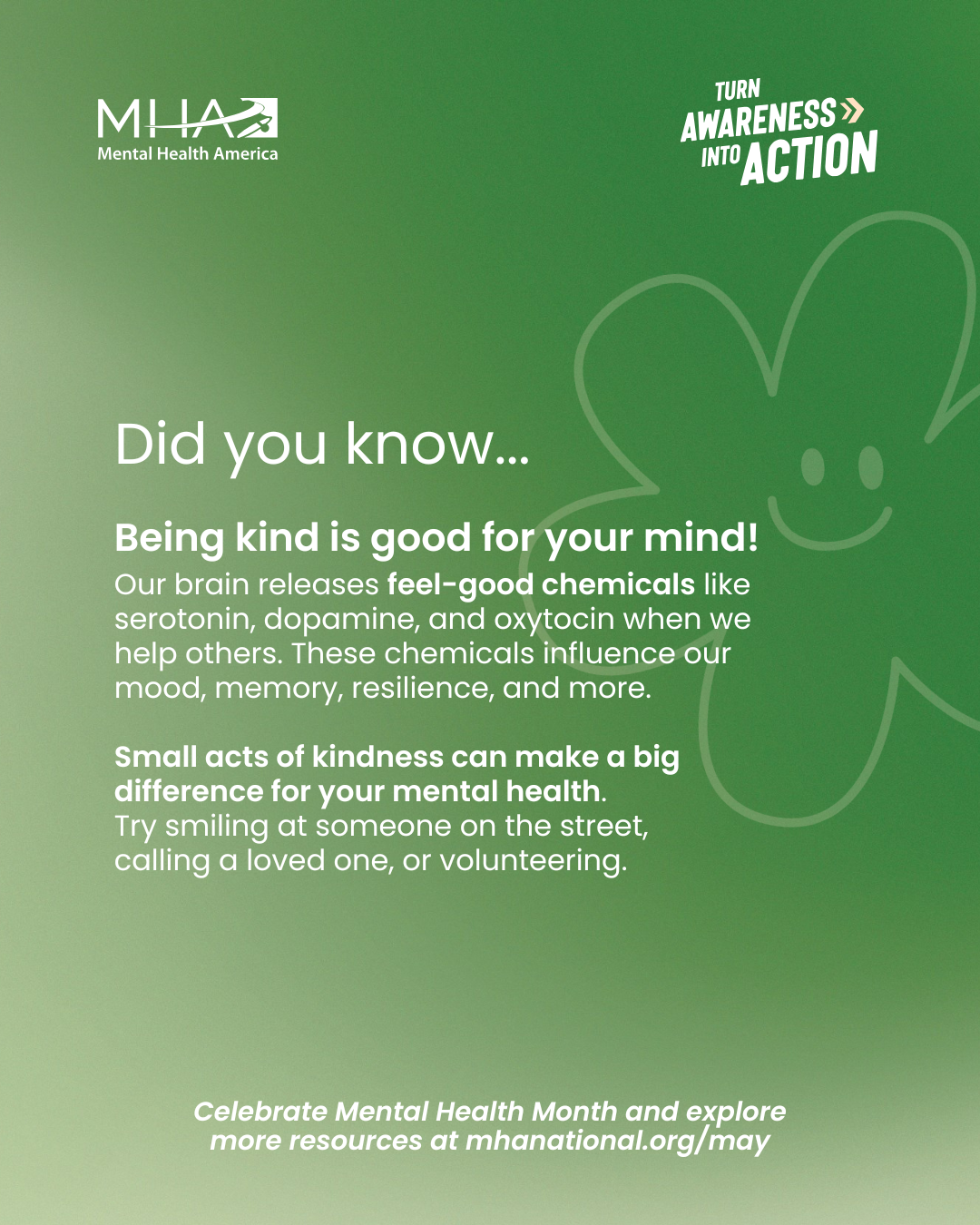 View Larger
View Larger